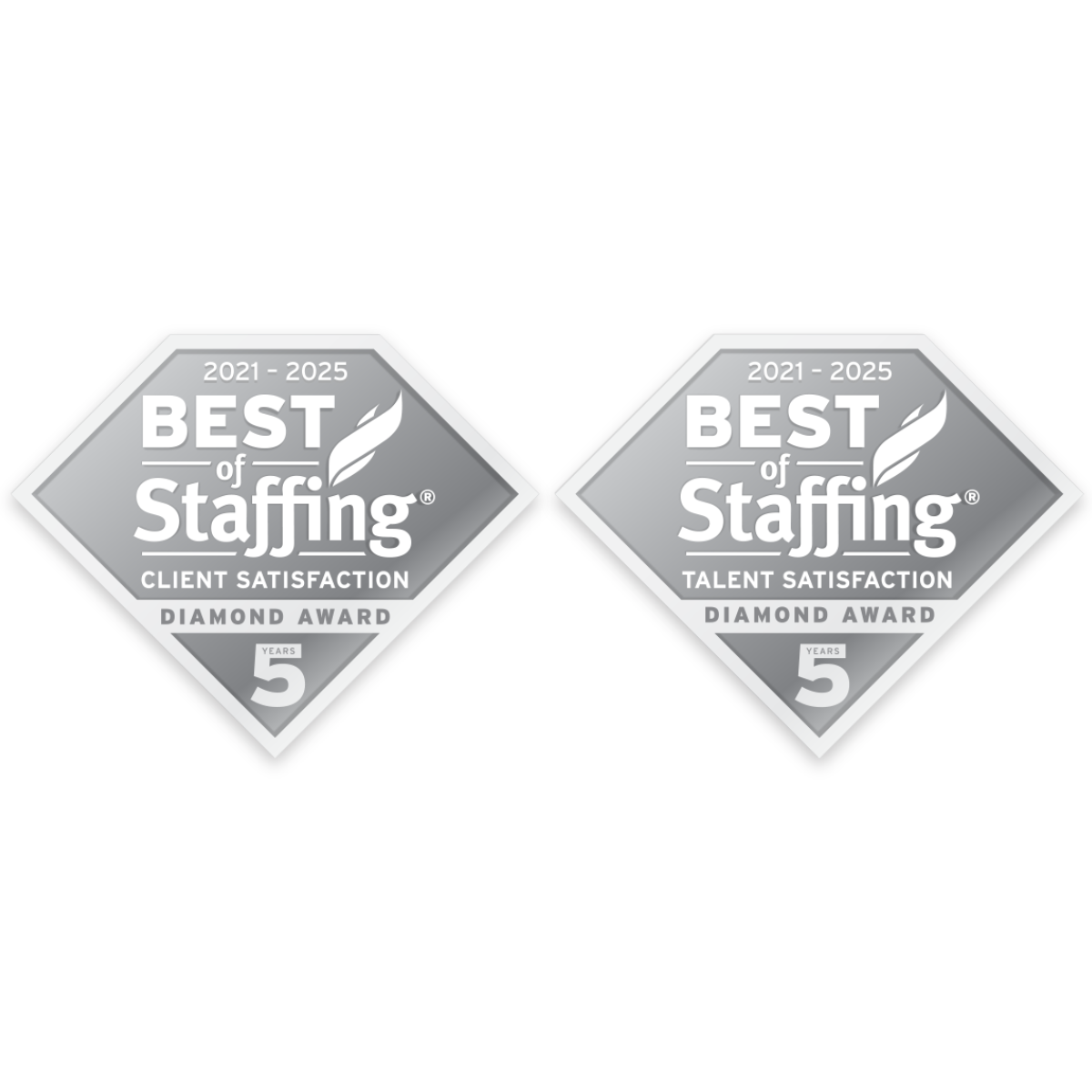Confusing data, industry jargon, lack of prior knowledge — ALL these things can make it feel impossible to glean the information we need from various sources. So, when companies have something important to communicate, it is vital they cut through any confusing or unfamiliar information.
Technical Writers are charged with taking complicated, technical, industry-specific information and presenting it in a streamlined and digestible format.
Think everything from user manuals to online courses to C-suite presentations — anything that explains detailed information to audiences that are not technical experts. They are also in demand in every industry, so it is an excellent option for folks that want to make writing their full-time career choice.
While this all might seem straightforward, the skills required to be a good Technical Writer can be hard to come by. It is a job that requires high-level processing of information and the ability to parse out the crucial elements and present them in a helpful way for the intended audience.
What does a Technical Writer do?
Technical Writers do more than writing. To develop documents that serve their purpose, they need to be designed from the ground up, which means there is more to the process than just crafting content.
Define The Project
Technical Writers develop all different types of documents, so clarifying the details of each project with the client is an essential first step to make sure you deliver what is being asked. Necessary specifications include document type, subject area/content, goal, scope, and audience.
Audience Analysis
The next step is to take a careful look at the audience for whom you are writing. Facts may need to be conveyed differently based on who is reading. For example, are you writing for folks with background knowledge on the topic or someone completely unfamiliar with the information?
Instructional Solutions offers some questions to think about when identifying your audience:
- Who are they?
- What do they need?
- Where will they be reading?
- When will they be reading?
- Why will they reading?
- How will they be reading?
Document Planning & User Experience
How is your reader going to interact with your document? What design choices can help make it most useful to them? As a Technical Writer, you need to design your documents in a way that conveys the information most clearly to a specific audience, so it is crucial to think about how they will navigate the content you are giving them. Therefore, every choice made should consider the question: “How does this serve the reader?”
Technical Research & Writing
And now we finally get to content! This step includes studying a slew of sources for the information that fits the brief of your project and then translating that to a more accessible format and language. While it is helpful for the Technical Writer to be well versed in the subject matter they are working with; it is also good practice to consult directly with technical subject matter experts. They can be an invaluable resource to clarify anything confusing, consult on what key points to include, and provide additional clarifying information.
Technical Writing Principles
For the most part, technical writing is relatively straightforward, but specific strategies can help maximize the usability and user experience of technical documents.
Active Voice
People find it much easier to read sentences written in the active voice, so use this technique whenever you can. The subject of your sentence should be the doer of the action.
Accurate, Plain Language
Technical writing is not the space to show off your creative prose. Use the correct terms for anything technically specific while avoiding jargon that may not be common knowledge. If needed, define a potentially unfamiliar term. When writing instruction, precision is key — you want to eliminate any room for misinterpretation, so include as much detail as necessary, but not too much that it distracts.
Logical Sequencing
To make your writing clear and direct, consider how it will flow. Sequence your copy in a way that corresponds to the points in the process the reader will need specific pieces of information. They should not have to jump around to look for what they need.
You Need These Attributes and Characteristics to Succeed at Being a Technical Writer
Unsurprisingly, writing and editing skills are necessary to thrive as a Technical Writer— and a keen eye for detail. But, possibly even more important than that is a commitment to being a lifelong learner since you will consistently be engaging with new, potentially unfamiliar material. The ability to absorb, process, and effectively share large quantities of information is at the core of this role. Additionally, taking a user-centered approach to projects will also yield the most successful technical writing.
Qualifications
Almost all Technical Writer jobs will require at least a Bachelor’s degree, but qualifications can vary significantly between industries beyond that. For example, some software companies will look for a technical writer with coding experience, but that is not always the case. A lot of the specific subject-area training happens on the job, so a demonstrated ability to quickly pick up on new skills will set you up for success in an interview.
There are many resources and courses available for folks interested in diving into the field of technical writing. If you think it might be for you, check this out.
Salary
The salary for a Technical Writer can vary based on location, experience, industry, and whether you are working full time or freelance. As of May 2020, the average salary for a Technical Writer in the United States was $74,650.
About the author.
An award-winning creator and digital health, wellness, and lifestyle content strategist—Karina writes, produces, and edits compelling content across multiple platforms—including articles, video, interactive tools, and documentary film. Her work has been featured on MSN Lifestyle, Apartment Therapy, Goop, Psycom, Yahoo News, Pregnancy & Newborn, Eat This Not That, thirdAGE, and Remedy Health Media digital properties and has spanned insight pieces on psychedelic toad medicine to forecasting the future of work to why sustainability needs to become more sustainable.



